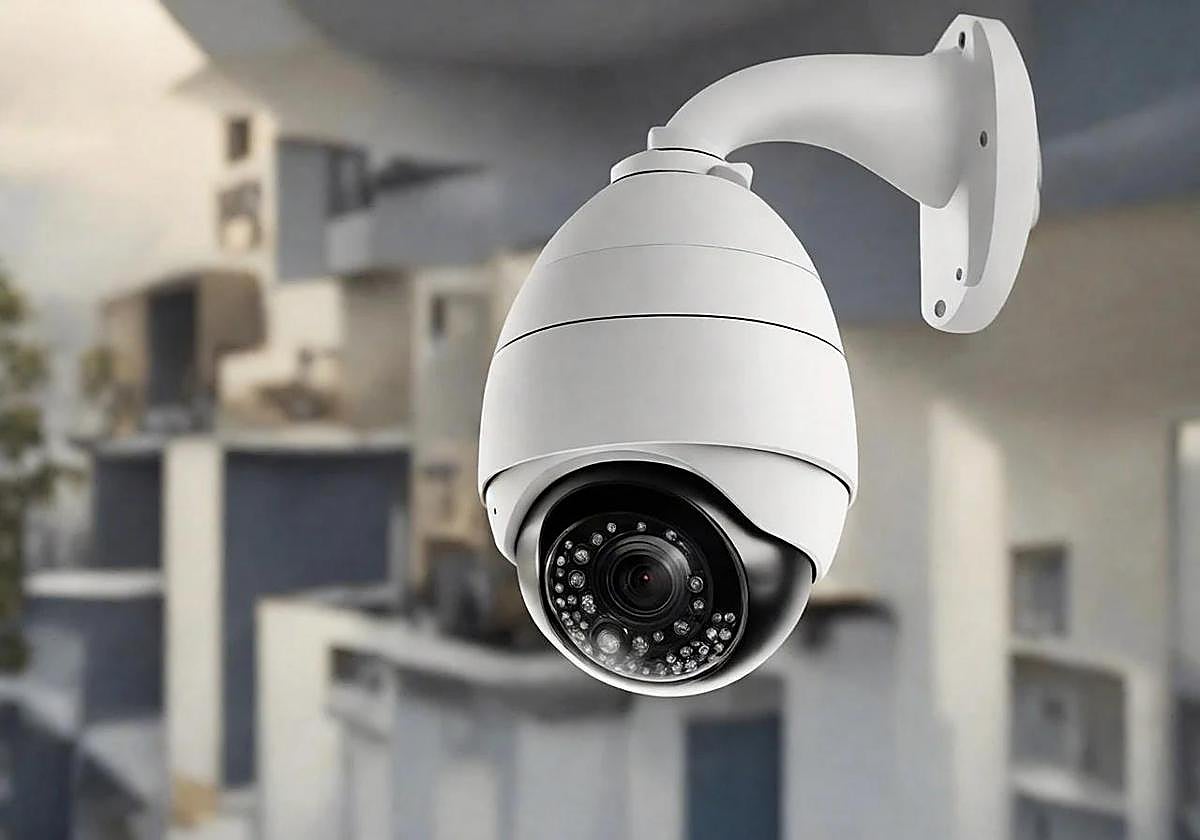How to detect hidden cameras in your holiday rental accommodation
Illegal recording in tourist accommodation is on the rise with one particularly shocking case in Spain recently that raised eyebrows
J. Castillo
Madrid
Monday, 19 August 2024, 20:28
Renting accommodation for the holidays is not easy: you have to find availability, find a place that fits your budget, that has the services you need... and, above all, that does not have illegal surveillance cameras. Some owners, wary of what their guests are doing, install these cameras to 'monitor' what happens inside their properties, but there is a huge problem. For one thing, it is not entirely legal. For another, what use is made of these images?
A few weeks ago the owner of a house in Mallorca was arrested for precisely this reason. His tenants detected recording devices in the bathroom and bedrooms, and reported him. Police officers also searched his mobile phone for additional recordings of other victims.
The phenomenon is on the rise where already in 2019 a survey by investment firm IPX1031 showed six out of ten participants were concerned there were hidden cameras in the houses offered through Airbnb. What's more, 11% confessed to having discovered one during their stay, which violates the platform's rules.
60%
of those surveyed by IPX1031 are concerned about cameras in their rented residence.
According to Airbnb's terms and conditions (effective 30 April), "hosts are not permitted to have security cameras or recording devices that monitor interior spaces, even if they are turned off". In addition, "hidden cameras have always been prohibited and will continue to be prohibited".
What about outdoor security cameras? The platform assures they can be installed "as long as they respect the applicable legislation". This means the owner must clearly indicate in the description of the residence that they are installed. However, it is forbidden for them to focus on spaces in which the tenant's privacy is assumed ("such as inside a closed outdoor shower or in a sauna").
When renting accommodation, it is worth taking certain precautions and knowing the most effective tricks to detect them. Private investigator Aaron Bond, who advises the British newspaper the Daily Mirror on these matters, recommended to "be suspicious of any object that looks out of place, especially if it is located very close to the ceiling or floor, as these positions give the best angles".
Bond also recommended carefully inspecting all lamps, alarm clocks, mirrors, smoke detectors, air conditioning vents, televisions and even the spines of oddly arranged books: "It's also not a bad idea to look for small holes in doors and walls," he added.
If in doubt, there is another simple method for detecting these devices. It consists of turning on the torch of your mobile phone in a darkened room, focusing on the points of interest to see if you can see a lens flare or the typical red light.
The correct way to act
Another option is to use one of the mobile applications designed to detect those devices that are connected to the same wifi network as you are (the one in the accommodation in question). In this way, you can identify the presence of unusual devices, such as a camera ready to transmit images to the voyeur on duty. This is because most miniature optics already have an internet connection.
Some of the most recommended apps are Fing, Smart WiFi or Linksys apps, capable of instantly blocking gadgets that we do not recognise. This is provided the landlord is not using a secondary network to which they have not given access. In this case, there is no choice but to resort to a camera or radio frequency detector. The problem? The most reliable models are not affordable for everyone.
There is a simple method to detect these devices. It consists of turning on the torch of our mobile phone in a darkened room
The other big question we may have is what to do if we discover that we are really being monitored or recorded. The first logical thing to do is to block the camera's network connection (if possible), disconnecting it and removing it from hiding. Another less radical option is to simply block its view with any object.
But in any case, it is advisable to inform Airbnb so they can take the appropriate measures against the landlord, who will probably be banned from the platform. It is also necessary to report the incident to police, once the situation has been communicated to the host in search of explanations, in case the host is not directly responsible.
And one last precaution to protect privacy: put insulating tape over the cameras integrated into certain household appliances: desktop computers, televisions, smart speakers with screens... The spy may in fact turn out to be a cybercriminal with no relation to the person who has opened the doors of your home for payment.
